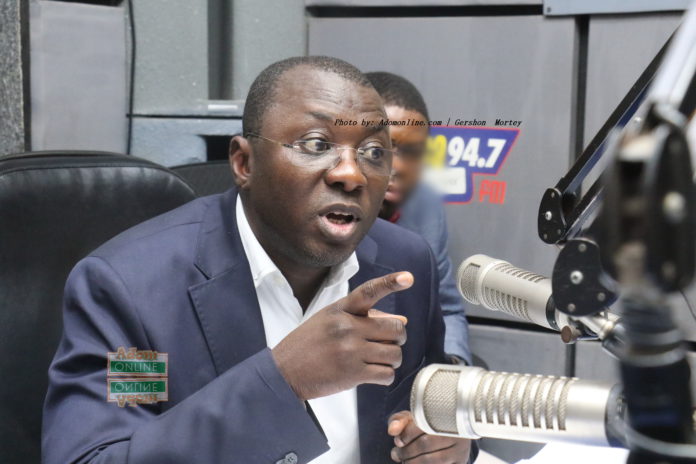
Election-induced expenditures could threaten the fiscal economy going forward.
According to the 2024 Quarterly Report by Databank Research, following the government signal of a capital expenditure drive in 2024, fiscal setbacks may remain a concern given the budgetary allocation.
“Possible election-induced fiscal overruns may induce inflationary pressures and slow the disinflation process. The budgeted increase in capital expenditure from GH¢20.44 billion in 2023 to GH¢28.70 billion in 2024 will likely stimulate price pressures as the government could overrun the programmed amount during this election year”.
It added that geopolitical risks could also lead to higher energy prices with spillover effects into domestic prices and utility tariffs.
Presently uncertainties persist on the geopolitical front as the Russia-Ukraine war continues, with tensions in the Middle East region still heating up. These developments, coupled with production from OPEC+, the report noted, could potentially push up energy prices with spillover effects into domestic prices.
It continued that the new tax handles present an upside risk to inflation.
“The government has imposed a 15% VAT on electricity for residential consumers above lifeline, with a proposed emission tax in the pipeline. These new tax handles could stir the price pot and induce inflationary pressures, particularly in the utilities and transport subdivisions”.
It added that further escalations in the geopolitical scene may worsen the trade account due to upsurges in commodity prices.
“We believe possible escalation in the Russia-Ukraine war and the Middle East could trigger higher oil prices with a higher import bill for Ghana. This may prove negative for the trade balance”, it concluded.
READ ALSO:
Kwabena Kwakye’s last radio moments before he passed [Video]
Confirmed: List of major changes in Akufo-Addo’s reshuffle
I’m a hairdresser not a military recruit – Woman in viral recruitment photos

